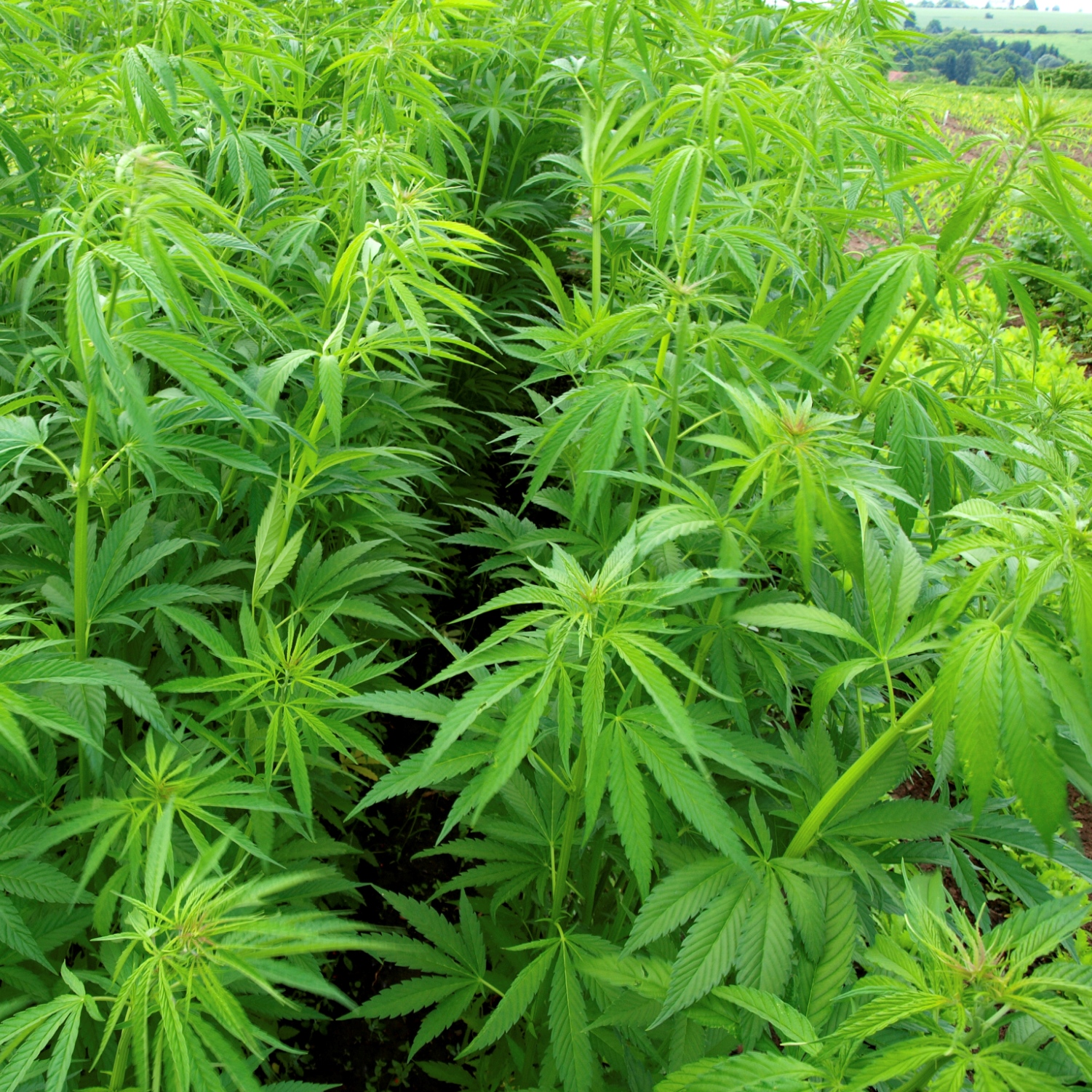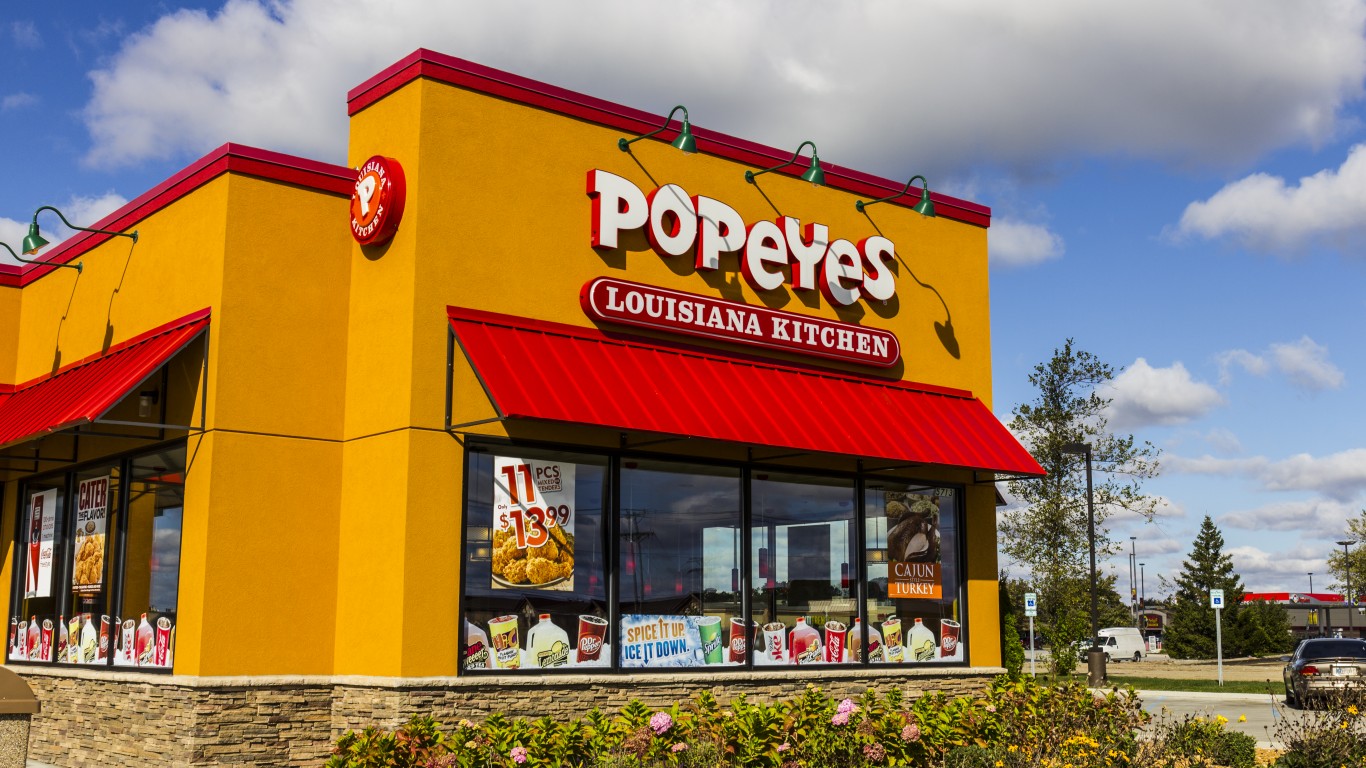
Source: Thinkstock
Party leader Justin Trudeau, son of former Prime Minister Pierre Trudeau, has said that if elected the Liberal Party will move quickly to legalize marijuana. In some political polls, the Liberals held a lead of the Conservative Party of current Prime Minister Stephen Harper.
According to Trudeau, cited at Vice, pot prohibition has resulted in 475,000 people with criminal records since the Conservatives came into power in 2006, and criminalization of the drug costs the justice system $500 million a year.
Canadians vote Monday, October 19th.
Here are other important news stories for the week.
California Marijuana Legalization in Disarray—Campaigns Late, Divided
The activists working to legalize cannabis in California in 2016 are running behind schedule and remain seriously divided. We are 388 days before Californians are likely to go to the polls and vote on some form of end to the war on marijuana in the Golden State.
The Secretary of State advised reformers to file their ballot language by July 7 and begin signature-gathering by September 10. What was once the leading group, ReformCA, submitted its language in October, but has not begun signature-gathering. The group also failed to show sufficient campaign finances.
The delay in filing ReformCA’s language was caused by the California Legislature crafting historic medical cannabis regulations, said Dale Gieringer, ReformCA member and head of California NORML. Gieringer provided a legalization update at the Oakland Cannabis Regulatory Commission meeting at City Hall on Thursday evening.
Read more at the East Bay Express.
Seneca Nation Considers Medical Marijuana Program on Sovereign Land
The Seneca Nation of Indians is considering pursuing its own medical marijuana program on sovereign land.
Members will vote Nov. 13 on a referendum to explore the development of laws and regulations that would allow for manufacturing, distribution, and use of medical cannabis.
A resolution to advance the referendum was approved Friday by the Seneca Nation Council to move ahead with the vote, scheduled to coincide with the Nation’s judicial elections.
The move follows a decision this summer by the State Department of Health to issue five licenses for medical marijuana manufacturers across the state, tied to New York’s Compassionate Care Act. A total of 43 companies applied for the licenses, including Ross John Enterprises, doing business as Good Leaf, which planned to operate on the Seneca Nation’s reservation in Salamanca.
Read more at Buffalo Business First.
The South Says No to Marijuana but Yes to Hemp
For more than 100 years, Jane Harrod’s family set aside a corner of their farm to grow tobacco. The 20 acres they grew when she was a girl was only a fraction of the 400 acres the family owned outside Lexington, Ky., but it promised good money, about $1,000 an acre.
“Most all of us farmers raised some tobacco,” said Harrod, 63. “Tobacco definitely put the clothes on our backs when we were kids.”
But tobacco isn’t the reliable cash crop it once was. That has Harrod and hundreds of other farmers across the South revisiting a plant from deep in the region’s past: industrial hemp.
Known as marijuana’s non-potent cousin, hemp is not likely to replace the billions of dollars that tobacco once provided, but proponents such as Harrod say they’re willing to take a chance on a crop they hope will breathe new life into the South’s family farms.
Read more at The Washington Post.
Colorado Educators Concerned About Pot in Public Schools
School officials and educators packed a conference room on Wednesday, taking detailed notes and heaving collective sighs as they learned about what authorities are calling the No. 1 issue Colorado schools face: marijuana.
“We got sold that marijuana legalization was going to positively impact our schools,” said Christine Harms, director of the Colorado School Safety Resource Center. “And there is the school infrastructure aspect, but we’re not seeing tremendous changes with marijuana prevention programs, and our students are paying the price.”
More than 350 school officials, first-responders and school mental health professionals gathered in Thornton on Wednesday for the resource center’s Safe Schools Summit.
Read more at The Denver Post.
Tipping Point: Marijuana Use Overtakes Tobacco Among High School Students
Teenagers are swapping Marlboro for marijuana with a new study concluding pot is now more popular with high school students than tobacco.
Ten percent of high school students have smoked cannabis once in the past 30 days compared to just seven percent who said the same for cigarettes, a new report from the Centers for Disease Control and Prevention (CDC) shows.
The figures are a stark contrast from 18 years ago when 21 percent of students said they had smoked tobacco and a paltry four percent had smoked pot. CDC researchers claim the uptick in cannabis could be attributed to the fewer teenagers viewing marijuana as harmful.
Read more at The Daily Caller and read the CDC report.
ALSO READ: The 10 Worst States for Women
Sponsored: Find a Qualified Financial Advisor
Finding a qualified financial advisor doesn’t have to be hard. SmartAsset’s free tool matches you with up to 3 fiduciary financial advisors in your area in 5 minutes. Each advisor has been vetted by SmartAsset and is held to a fiduciary standard to act in your best interests. If you’re ready to be matched with local advisors that can help you achieve your financial goals, get started now.
Thank you for reading! Have some feedback for us?
Contact the 24/7 Wall St. editorial team.



